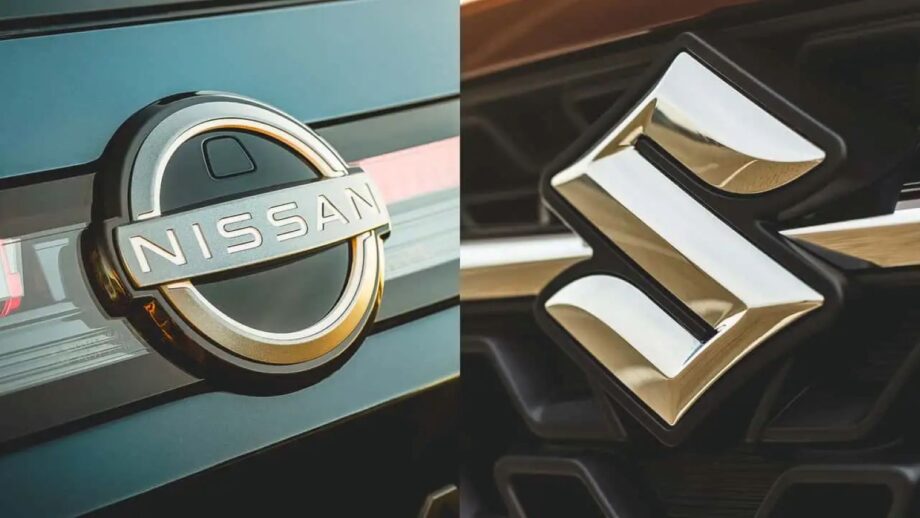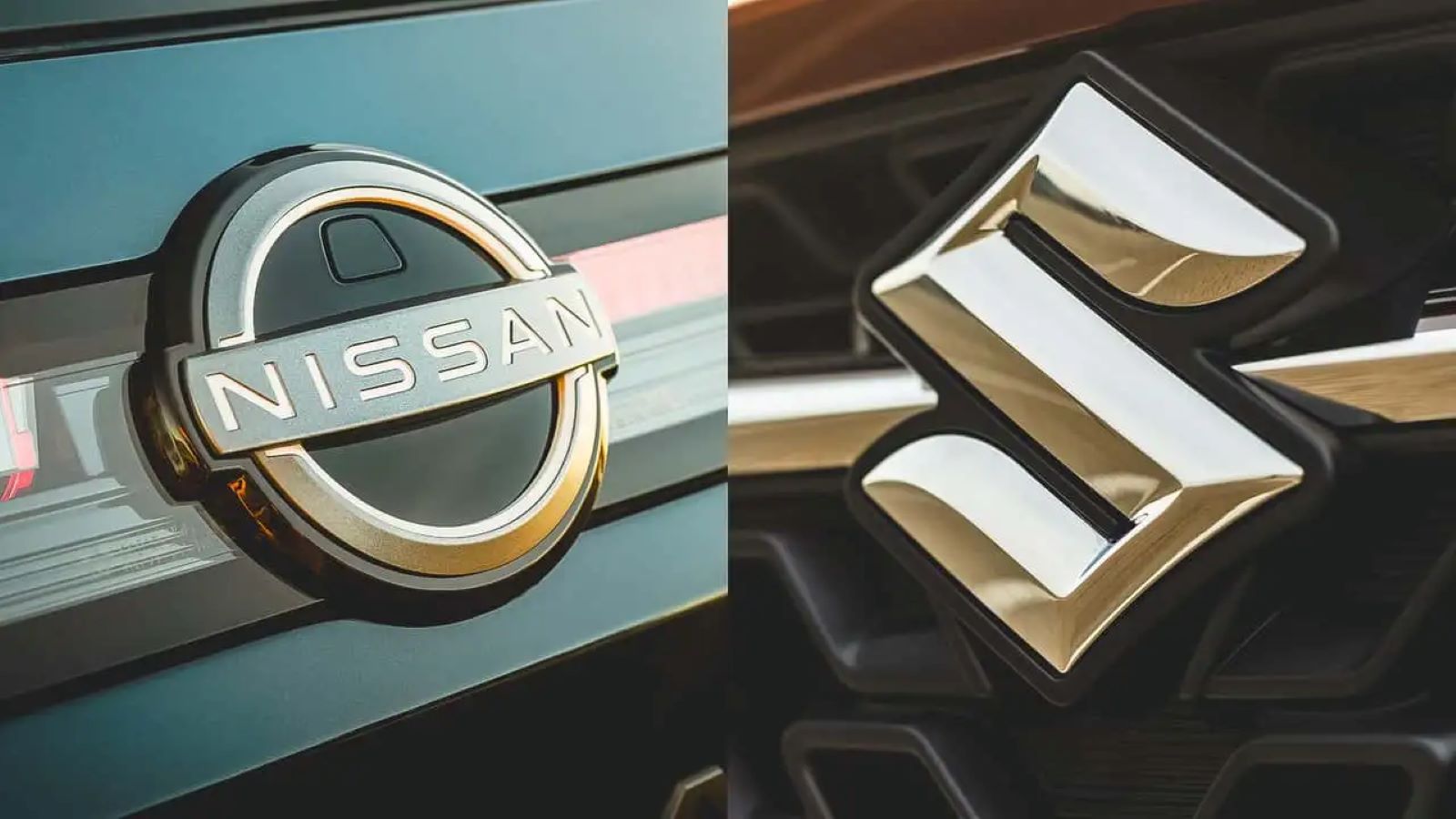For the first time in more than 16 years, Nissan has slipped out of the world’s top 10 automakers by sales volume. The Japanese carmaker, long considered one of the industry’s big names, now finds itself behind its smaller domestic rival, Suzuki. It is a significant change in the global automotive landscape, especially since Nissan has held its position among the top carmakers for many years.
The fall can be traced to weaker sales in several important markets along with tougher competition from both established rivals and newer brands that are expanding at a rapid pace.
Key Takeaways
- Nissan is no longer one of the top 10 automakers by global sales volume.
- Suzuki has sold more vehicles than Nissan worldwide for the first time since 2004.
- China, once a strong market for Nissan, has seen a sharp decline in sales.
- Fast-rising Chinese carmakers like BYD are gaining market share and pressuring Nissan.
Details of the Sales Shift
Recent sales data highlights the uphill battle Nissan is facing. Global numbers continue to decline, showing just how different the picture looks compared to past years. China, which has been a cornerstone of Nissan’s business, has seen one of the steepest drops in sales. Weak demand in the United States and in Japan has added to the pressure.
This slowdown has opened the door for competitors. Suzuki, though traditionally smaller than Nissan, has managed to push ahead thanks to steady sales, especially in India where its partnership with Maruti Suzuki keeps the brand strong. The result is a rare reversal in rankings, with Suzuki outselling Nissan on the global stage.
At the same time, Chinese automakers have quickly moved into the spotlight. Brands like BYD are expanding rapidly, particularly in electric vehicles, which has cut into the market share of companies such as Nissan.
Nissan’s Internal Struggles
Alongside the external challenges, Nissan is also facing issues within the company itself. Reports point to financial strain and job reductions as part of its ongoing restructuring. The difficulties come at a time when the auto industry is in the middle of a major transition toward electric vehicles.
Although Nissan was once seen as an early leader in electrification with the Leaf, it has struggled to follow up with new and competitive models. Rivals, both old and new, are now moving more quickly and capturing consumer attention.
Nissan’s drop from the global top 10 is more than a ranking shift. It reflects the company’s struggle to stay competitive at a time when the industry is moving in a new direction.
Frequently Asked Questions (FAQs)
Q1: Why is Nissan’s global ranking falling?
A: Nissan’s ranking is falling due to several factors, including a major decline in sales in China, its largest market. It also faces intense competition from fast-growing Chinese electric vehicle brands and has been slower than competitors to adapt to new market trends.
Q2: Which company sells the most cars in the world?
A: Toyota continues to be the world’s largest automaker by sales volume, a position it has held for several years. The Volkswagen Group is typically in second place.
Q3: Is Suzuki now bigger than Nissan?
A: Based on recent sales data, Suzuki has sold more vehicles globally than Nissan. This is a significant change, as Nissan has traditionally been a larger manufacturer in terms of global sales.
Q4: How important is the Indian market for Suzuki?
A: The Indian market is very important for Suzuki. Its joint venture, Maruti Suzuki, is the largest car seller in India and contributes a very large portion of Suzuki’s total global sales.
Q5: What is Nissan’s plan to recover?
A: Nissan is focusing on a restructuring plan which includes introducing new models, particularly electric vehicles. The company aims to improve its performance in key markets and adapt to the changing demands of the global auto industry.






